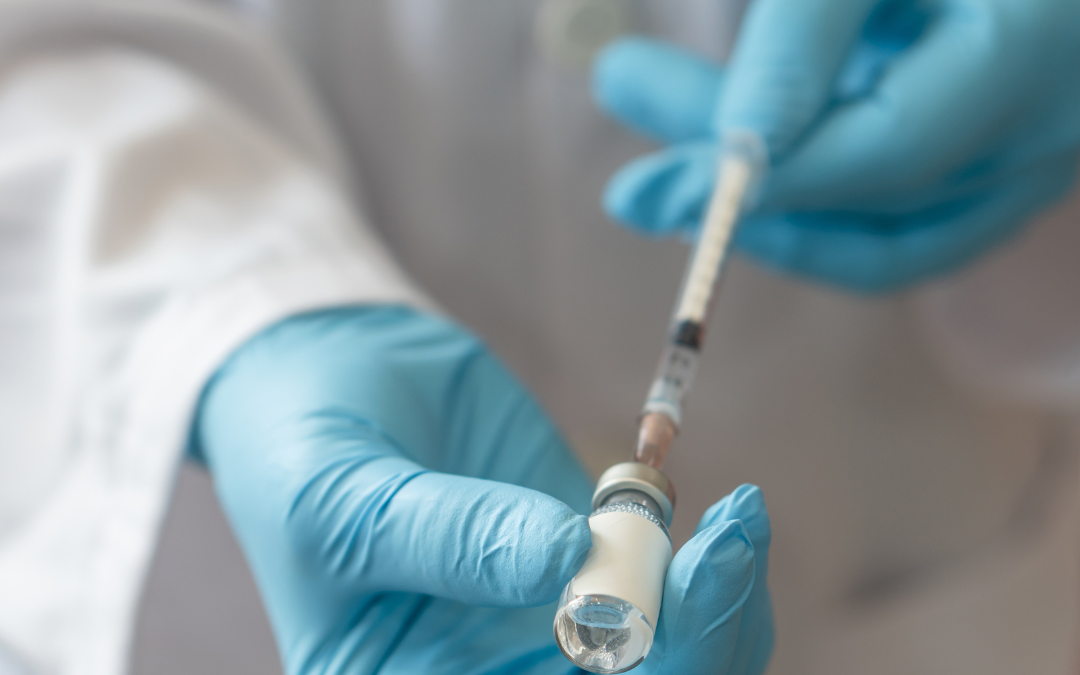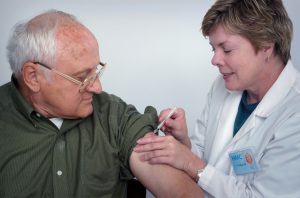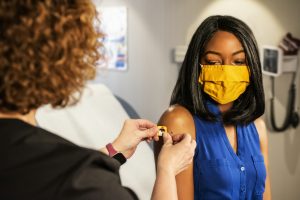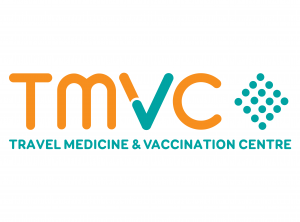Summer is winding down and fall is just around the corner. With fall approaching we can look forward to cozy sweaters, leaves changing colours, and pumpkin spice everything. Unfortunately, the fall season also brings an increase in some unwelcome visitors, including cold and flu viruses and respiratory infections, like RSV.
RSV, also known as Respiratory Syncytial Virus, causes yearly outbreaks in Canada during the fall to early spring months (typically from November to April). It’s a common respiratory disease that is most often associated with babies. While it’s true that young infants are at the highest risk of severe illness from RSV, older adults are also at a higher risk of complications from RSV infection. RSV in older adults can lead to hospitalization and care in the ICU, and even death. The risk of complications in adults increases with age and certain health conditions.
Luckily there are RSV vaccines recommended by Health Canada for older adults as well as pregnant women. Vaccination during pregnancy leads to protection against severe RSV in newborn infants for the first few months after birth. The RSV vaccine should ideally be given just before RSV season begins, so now is the time to learn more!
In this blog, I’ll tell you more about this potentially serious respiratory disease for older adults and infants, and recommendations for the RSV vaccine for seniors and pregnant women.
What is RSV?
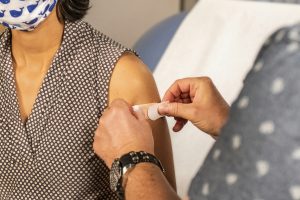
RSV Disease in Seniors
RSV infection in older adults usually causes mild cold-like symptoms, but the disease can progress to more severe symptoms like pneumonia or bronchiolitis. It can also worsen certain underlying medical conditions including asthma, COPD, or congestive heart failure. RSV is a major cause of hospitalization and death in adults over 60 years of age and a major cause of death among seniors.
RSV Vaccine for Seniors
The RSV vaccine is authorized for adults 60 years of age and older. Health Canada especially recommends the RSV vaccine for seniors 75 years of age and older, and those at increased risk from chronic medical conditions including:
• Cardiac disorders
• Lung conditions including COPD, asthma, and cystic fibrosis
• Diabetes
• Certain immune compromising conditions from disease or medication
• Kidney disease
• Certain neurologic conditions including dementia and seizure disorders
• Obesity
It has been shown that vaccination with a single dose of the RSV vaccine is 82% effective in preventing RSV in older adults, and 94% effective in preventing severe lower lung infection caused by RSV.
RSV Disease in Young Infants
RSV is one of the most common respiratory infections in infants and young children. Pretty much all children have an RSV infection before they are 2 years of age. Usually RSV infection causes mild illness, but infants can potentially become severely ill from RSV. Severe disease risk is highest for infants during their first few months of life. The risk of severe illness is also higher for infants with certain medical conditions including chronic lung disease, heart disease, neuromuscular disorders, those born prematurely, or those with a weakened immune system.
Symptoms of RSV in infants usually begin with cold symptoms. Symptoms in infants less than 6 months old can also include irritability, decreased activity, a decrease in eating or drinking, or apnea (pauses in breathing for more than 10 seconds).
Severe RSV disease in infants can lead to bronchiolitis, pneumonia, and hospitalization. Infants that are hospitalized may require oxygen, IV fluids, or mechanical ventilation (a machine to help with breathing).
RSV Vaccine During Pregnancy
If you’re pregnant and due to give birth during RSV season in the fall or winter, consider discussing the RSV vaccine with your pregnancy care provider. The RSV vaccine given during pregnancy creates antibodies that are passed from the mother to the fetus to give the newborn infant temporary protection against RSV during the first few months of life.
Health Canada recommends the RSV vaccine during the third trimester, between 32-36 weeks of pregnancy, if the baby is due to be born during the fall and winter months of RSV season. For example, the RSV vaccine can be given in September to protect infants born in November. The RSV vaccine given during pregnancy is up to 81% effective at RSV-related lower respiratory disease in young infants.
RSV Vaccines are Now Available in BC
There are two vaccines available in BC to protect against RSV called Arexvy and Abrysvo.
Abrysvo is approved by Health Canada for use during pregnancy, between 32-36 weeks gestation. Abrysvo and Arexvy are both approved for use in adults 60 years of age and older. These vaccines are inactivated (non-live) vaccines, so they are safe to give to individuals who have a compromised immune system.
Abrysvo and Arexvy are both given as a single dose to provide protection for at least 1.5 to 2 years. Research is still underway to determine if a booster dose is recommended after this time. Immunization with the RSV vaccine during pregnancy will protect infants from birth to 6 months of age.
Abrysvo and Arexvy are very safe. Common side effects include pain, redness, and swelling at the injection site. Headache, tiredness and muscle or joint pain can also occur. Side effects are usually mild to moderate and last 1 to 2 days. Tylenol or Advil/Motrin can be taken to relieve any side effects. No side effects have been reported in babies born to vaccinated mothers.
How to Book Your RSV Vaccine Appointment
The RSV vaccines are available for purchase at any TMVC location. If you are an adult 60 years of age or older, or are pregnant, simply call us at 1-888-288-8682 or book online. You do not need a prescription for the RSV vaccine, but we recommend first discussing the vaccine with your care provider if you are pregnant.
It’s time to enjoy the best things about fall and not any respiratory infections caused by RSV. Consider getting your RSV vaccine today.




